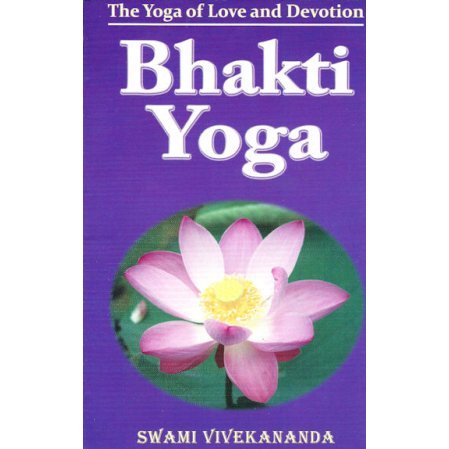TOPIC
Hinduism books
Below are the best books we could find on Hinduism.
Hinduism is the third largest religion in the world, and possibly the oldest continually practiced religion. It has no single founder or central formative text, but it has had a strong presence in the Indian subcontinent and Southeast Asia since the third century CE. It encompasses diverse schools of thought that share certain concepts, rituals, and textual sources but can differ along other significant lines, such as deity worship. While Hinduism shares many concepts and terms with Buddhism (such as karma, dharma, and samsara, the cycle of death and rebirth), its interpretations can differ. In recent decades, Hinduism has strongly influenced Western culture through yoga, which originated as a Hindu discipline to promote spiritual insight, health, and inner peace.











